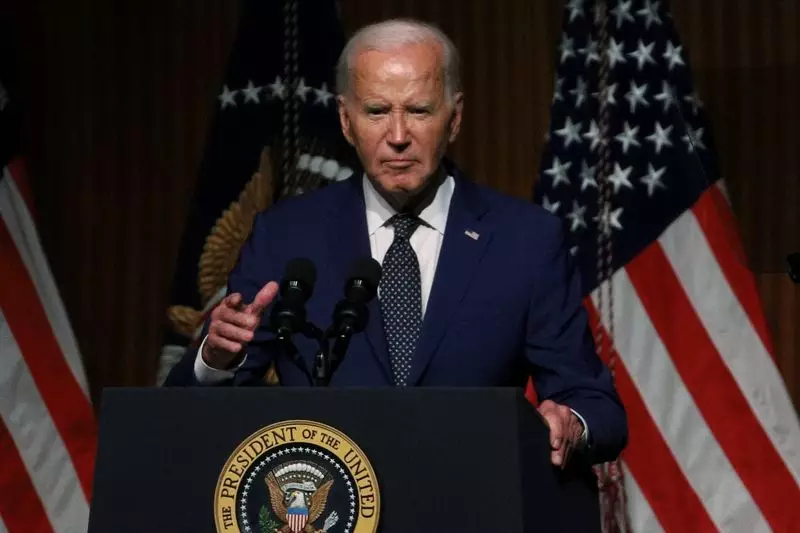The recent decision by the federal appeals court to block President Joe Biden’s administration from implementing a student debt relief plan has raised concerns among borrowers and policymakers. The St. Louis-based 8th U.S. Circuit Court of Appeals granted an injunction requested by seven Republican-led states, halting the progress of the Saving on a Valuable Education (SAVE) Plan.
The court’s ruling is a setback for the Biden administration’s efforts to provide relief to millions of borrowers struggling with student loan debt. By siding with the Republican-led states, the court has effectively suspended key components of the SAVE Plan, such as lower monthly payments and accelerated loan forgiveness for some borrowers.
The court’s decision has significant implications for borrowers who were expected to benefit from the SAVE Plan. With the injunction in place, millions of borrowers may face increased monthly payments and delayed loan forgiveness, placing a greater financial burden on them. This ruling could have long-term consequences for individuals seeking relief from student loan debt.
The involvement of Republican-led states in challenging the Biden administration’s student debt relief plan highlights the partisan divide on this issue. The legal battle over the SAVE Plan underscores the political differences in approaches to addressing student loan debt and highlights the challenges of implementing progressive policies in a polarized environment.
The court’s decision to block the implementation of the SAVE Plan raises concerns about educational equity and access. By preventing lower-income borrowers from accessing more generous repayment terms and accelerated loan forgiveness, the ruling may disproportionately impact disadvantaged students who rely on federal loan assistance to pursue higher education.
The legal challenges to the SAVE Plan signal a broader debate about the future of student debt relief in the United States. As policymakers and lawmakers continue to grapple with the rising cost of higher education and student loan debt, finding a sustainable and equitable solution remains a critical issue. The court’s decision underscores the complexities and obstacles facing efforts to reform the student loan system.
The federal appeals court’s decision to block President Biden’s student debt relief plan represents a significant development in the ongoing debate over student loan debt. The ruling has both immediate and long-term implications for borrowers, policymakers, and the higher education system. As the legal battle over the SAVE Plan continues, it is essential to consider the impact of these decisions on individuals seeking financial relief and the broader implications for educational equity and access.

